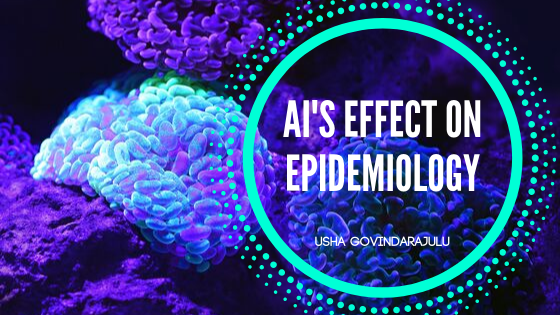Artificial intelligence is no longer a far-off, futuristic fantasy. Now, AI has been implemented into society under the radar, so much so that many people do not even realize they are interacting with AI-driven software on a daily basis.
The scientific and diagnostic specters of medicine are especially prone to AI advancement. The Global Artificial Intelligence in Epidemiology Market evaluated and reported on the wide-spread application possibilities for AI in science and epidemiology, including hardware and software, administrative tasks and assistance in healthcare and pharmacological organizations.
AI In Epidemiology
Streamlining and simplifying technical processes and managerial tasks through machine learning has always been one of the key objectives for AI developers. Artificial intelligence is different from other forms of technology in that it has the capacity to expand and evolve through experience rather than upgrades.
With computer precision, an AI can help detect, diagnose and detail epidemiological reports for researchers and healthcare providers that makes more accurate, swift analyses and identification.
Public Health Applications
Private healthcare and diagnostic labs are not the only places AI can thrive. Public health can benefit from predictive analytics that only AI can provide in such a detailed, evidence-based manner.
Anonymous patient data can help epidemiologists identify important health trends, risk factors and potential concerns for any given population. The sooner this information is available, the quicker preventative measures can be developed and deployed.
AI gives epidemiologists a fascinating look at the future while helping them draw more substantial conclusions from the past. Analyzing historical data can give greater insight into the nuances of a particular disease, granting scientists the ability to make parallels and connections that may have otherwise gone unnoticed or been too time-consuming to research in-depth.
How AI Will Impact Medicine In The Future
With greater analytical ability comes increased education, treatment and prevention. Epidemiology does not strive to solely understand, identify and cure disease. One of the greatest advantages of its increased implementation is faster prevention.
Scientists will soon be able to identify trends and predict disease before it has a chance to strike, possibly saving thousands or millions of lives in the process. Continual refinement assisted by the AI’s inherent ability to adapt and learn from its task performance will help drive epidemiology forward in powerful, life-changing ways.
